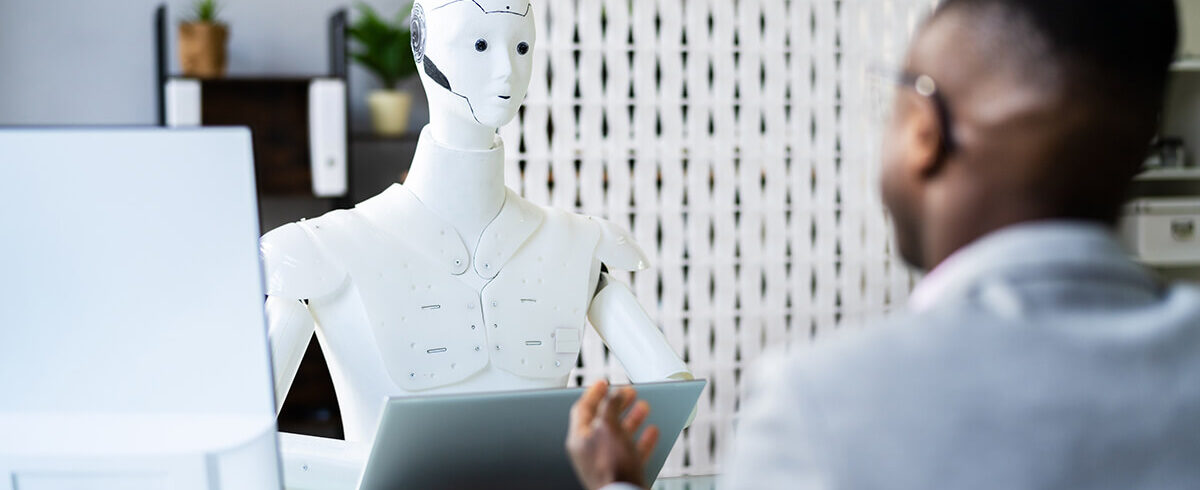The rise and widespread adoption of artificial intelligence (AI) is our industrial revolution. Case in point: ChatGPT reached 100MM users in a mere two months. In comparison, it took Instagram, now the third most popular social media platform, about two and a half years to reach that benchmark.
As AI emerges from every nook and cranny of society, it’s no surprise that tech and IT companies, big and small alike, are looking to these technologies, like ChatGPT, to power their recruiting and hiring strategies.
So, is AI in tech hiring a good or bad development? Well, a bit of both.
The Good (and Not So Good) of AI in Tech Hiring
Much of the tech world is bullish on AI-powered technologies. Marc Benioff, chair, CEO, and co-founder of Salesforce, even said that artificial intelligence and generative AI may be “the most important technology of any lifetime.” It’s easy to see why, too.
- AI is improving diagnostic and treatment plans in the healthcare industry.
- AI is monitoring wildlife and tracking environmental changes.
- Self-driving cars and drones are revolutionizing transportation.
AI is changing the tech recruiting game as well, with almost all Fortune 500 companies now using the technology in some way to screen candidates in the first, second, or even third rounds of the hiring process. (If you’re using AI to screen candidates, just know that it may be filtering out the best candidates.)
AI tools can also automate many repetitive and mundane tasks, like scheduling interviews, that keep HR teams from focusing on more strategic activities and prevent hiring managers from actually doing their full-time jobs. At the same time, AI can help companies hone in on candidates with the right skills (to some extent) or reach out to candidates to inquire about their interest in a role.
These efficiency gains are massive, especially as companies scale, but for now (and hopefully forever), AI lacks one characteristic it truly needs to help tech companies make the smartest hiring decisions: humanity.
For example, AI can’t:
- Assess emotional intelligence: Understand someone’s emotional intelligence, including skills like empathy, communication, and adaptability.
- Evaluate creativity: Measure someone’s creativity or thinking, how they think out of the box, and their problem-solving skills in unique situations.
- Judge dynamics in team settings: AI can’t assess how a candidate will interact with the broader team and if their intangible skills mesh, allowing the entire team to perform at their best post-hire.
These are all things that HR teams and hiring managers must assess to determine a candidate’s cultural and business fit and the long-term impact they’ll have on the company. AI can’t do that. Full stop.
What’s Next for AI in Tech Recruiting?
Companies will continue to use AI to power their recruiting and hiring strategies. In fact, businesses are relying on them more than ever, with a late-2023 IBM survey of more than 8,500 global IT professionals showing that 42% of companies were using AI screening “to improve recruiting and human resources,” while another 40% of respondents were considering integrating the technology.
We’re all for these AI use cases, but we can’t lose sight of the fact that businesses are inherently human and no matter how advanced they become, we can’t remove that from the hiring process.
